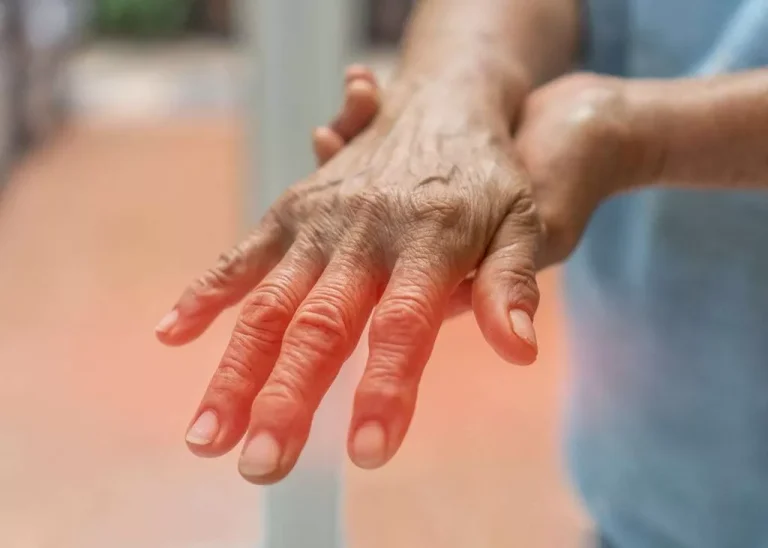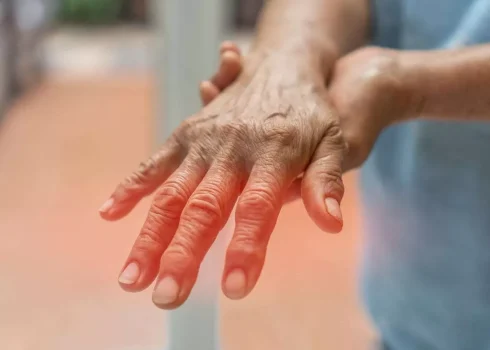
Alcohol can interfere with the absorption and metabolism of some medications, including blood Drug rehabilitation thinners. This interference may impact the intended therapeutic effects of the medication, rendering it less effective in preventing blood clots. Both alcohol and blood thinners independently contribute to blood thinning. When combined, they can amplify this effect, heightening the risk of bleeding. Even minor injuries or cuts may result in prolonged bleeding, potentially leading to more serious complications.
Blood Thinners And Beer: Is It Safe?
A comprehensive understanding of how Eliquis interacts with your body, particularly in relation to clot formation, is fundamental. Because research suggests that alcohol may thin the blood, people need to avoid consuming any before undergoing surgery. Guaranteed acceptance life insurance without medical exams, health questions, or rate increases. It can cause transient memory loss, ‘blackouts,’ and hangovers, and is a risk factor for developing dementia. Additionally, alcohol is classified as a Group 1 carcinogen by the International Agency for Research on Cancer, indicating a high risk for cancer development, similar to asbestos and tobacco.

Recognizing and Addressing Alcohol Misuse
You may be able to drink moderate amounts of alcohol while on blood thinners if approved by your doctor. They will advise you on safe limits based on the type of medication, your health, and other factors. Strictly avoid binge drinking and limit alcohol to 1-2 drinks per day maximum. The 2020–2025 Dietary Guidelines for Americans suggest that adults of legal drinking age who choose to drink should do so in moderation. For men, this means no more than two drinks per day, and for women, no more than one drink per day. However, individuals on blood thinners should consult with their healthcare provider to determine if these general guidelines are safe for their specific medical situation.
- Payment of benefits are subject to all terms, conditions, limitations, and exclusions of the member’s contract at time of service.
- If you are experiencing serious bleeding, it is important for you to tell your doctor all the medications and supplements you are taking and inform them of any food or drink that you have consumed recently.
- The term “holiday heart syndrome” has been coined to describe the occurrence of atrial fibrillation episodes after periods of heavy drinking, such as during holidays or weekends.
- If you are taking blood thinners, it is important to talk to your doctor about whether or not it is safe for you to drink alcohol.
Do lisinopril and alcohol mix?
This literature review is the foundation of the current alcohol consumption guidelines. Medical staff can also help resuscitate anyone who’s experienced extreme blood loss. Alcohol can thin the blood for several hours after consumption, with effects varying based on individual metabolism, alcohol quantity and other factors. Alcohol abuse can lead to inflammation of the pancreas, a condition known as pancreatitis.

Interference with Medication Efficacy

Alcohol and blood thinners interact in different ways that will vary for each individual. This makes it hard to predict exactly what will happen, but it increases the risk of either bleeding drinking on blood thinners or clot-related problems. Alcohol can also increase the risk of injuries, which can bleed more easily while someone is on blood thinners. If you choose to drink while taking warfarin, have the combination approved by your doctor first.

The effects of alcohol consumption on the blood are either short-term or long-term. Short-term effects happen to occur during or directly after consuming alcohol, and long-term effects are driven by excessive use over an extended period of time. Occasional, moderate alcohol use should be safe for most people who are taking blood thinners.
Talk to Your Doctor
For example, green tea and cranberry juice may increase the effects of blood thinners, so it is important to discuss your diet with your doctor or pharmacist to ensure that you are making safe choices. Additionally, always consult a healthcare professional before starting or stopping any medication, including blood thinners, and be sure to follow their advice and guidance. The only way to eliminate the risks of combining alcohol and blood thinners is to avoid alcohol completely. However, if you do choose to drink, do so in extreme moderation—1 drink per day for women and 2 drinks per day for men—and be very careful.
Effects on Clotting Factors
This makes it more difficult to maintain proper blood thinner levels in the body. Avoiding the combination of blood thinners and alcohol is much more difficult for those addicted to alcohol. Even though it could be harmful, people who struggle with alcohol abuse may find themselves combining alcohol and blood thinners even though they know they shouldn’t. Ultimately, anyone who is taking any kind of blood-thinning medication should speak with their doctor before mixing it with alcohol. The different risks that are present will vary based on each individual, and someone who has not spoken with their doctor can have risks they don’t know about. Blood thinners can be dangerous by themselves as well, making it essential to seek medical advice when symptoms or potential concerns arise.
- Combining Eliquis with certain medications, such as NSAIDs, SSRIs, aspirin, and herbal remedies, can significantly increase the risk of bleeding.
- When you’re on blood thinning medications like Warfarin or newer blood thinners like Xarelto or Eliquis, what you eat and drink can impact how well these medications work.
- The process of blood clotting is very complex, with multiple chains of chemical reactions called the “clotting cascade” that must occur to develop a blood clot.
- For example, if a blood clot forms and limits the flow of blood in the arteries, doctors call this thrombosis.
- Alcohol use is one of the strongest risk factors for major bleeding while on blood thinners.
Maintaining a stable INR is crucial for the safe and effective use of warfarin. For individuals taking warfarin, an international normalized ratio (INR) test measures the blood’s clotting time. Combining alcohol with blood thinners poses certain risks that individuals should be aware of, as it can have implications for both health and medication effectiveness. If you’re on Eliquis, you might ponder the safety of having an occasional alcoholic drink.